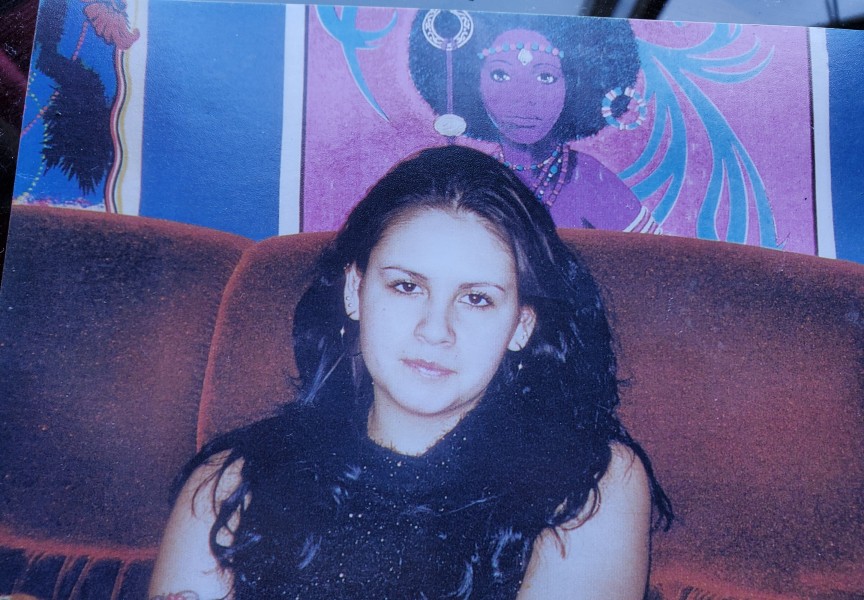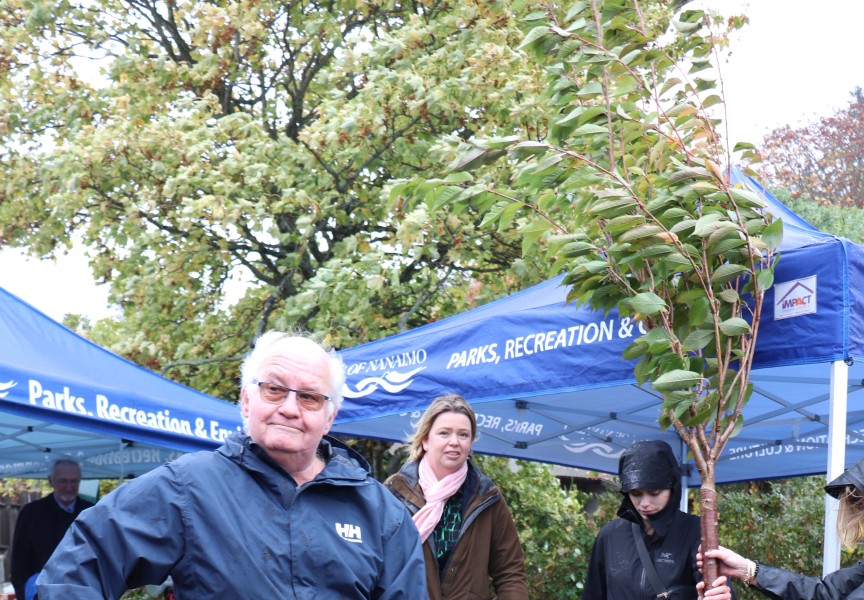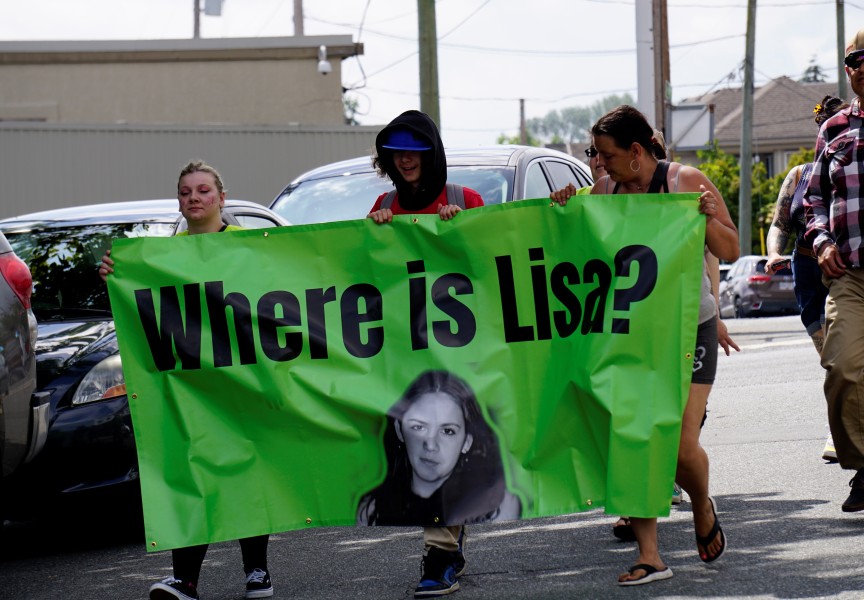They were mothers, sisters, aunties, friends and they were taken too soon, but they are not forgotten. May 5th is Red Dress Day, a day to raise national awareness for Missing and Murdered Indigenous Women, Girls, and Two-Spirit People (MMIWG2S). It is a day to honor the memory of those lost, acknowledge the ongoing crisis of violence against Indigenous women, and call for justice and healing.
Both Huu-ay-aht First Nation and the Port Alberni Friendship Center hosted events to bring people together, not only to remember the lives lost, but also to reinforce the value of women in our culture and society.
At the PAFC, there was a smudge ceremony led by Elder/Cultural Support worker, Darlene Leonew. PAFC Executive Director, Cyndi Stevens, said guests were invited to share stories. Their Red Dress Day wrapped up with a spaghetti lunch.
A the Huu-ay-aht Administration office in Port Alberni, Tseshaht elder Irene Robinson noted in her speech that there are 57 Nuu-chah-nulth names on a list of missing/murdered women. Beside her, on a table, were framed portraits of Loretta Peters, a woman from a high-ranking Huu-ay-aht family.
Huu-ay-aht Councillor Edward Johnson Jr. noted that it is important to remember why Red Dress came to be. In Canada, the federal government launched a national independent investigation into the Missing and Murdered Indigenous Women and Girls crisis with a public inquiry that ran from 2016 to 2019.
The final report of the inquiry concluded that the high level of violence directed at Indigenous women and girls in Canada (First Nations, Inuit, Métis or FNIM women and girls) is "caused by state actions and inactions rooted in colonialism and colonial ideologies." It also concluded that the crisis constituted an ongoing "race, identity and gender-based genocide."
Elder Irene Robinson spoke about how, prior to contact, Indigenous women were hard workers and highly valued in Indigenous culture. But their value seemed to diminish as cultural values of the colonizers crept in and were, at least in part, adopted.
The European settlers looked down on women, both in their country and in North America. Robinson shared stories of how First Nations women were often assaulted and raped by traders. Sometimes they were ‘married’ if a settler chose one as his ‘country wife’. But she would be cast aside if he moved his white family to the new world.
Robinson shared contemporary stories of First Nations women being murdered, their killers either going free or receiving lenient sentences because it was only an Indian that was killed. In one story she said a newspaper reported on the sentencing of the murderer of a First Nations woman. He received a small fine. In the same issue of the newspaper, there was a report of a hunter being fined the same amount for killing a moose out of season. The articles sparked outrage in that community.
“On days like this, we want to support family and friends. When we lose someone, people go see the family, to sit with them and support them. But eventually, they go back to their lives while for some families, the hurt is still there and so are the questions,” said Robinson.
She thanked Huu-ay-aht for hosting this day to remember loved ones. “When we don’t remember, it’s easier to shove under the carpet,” she said.













